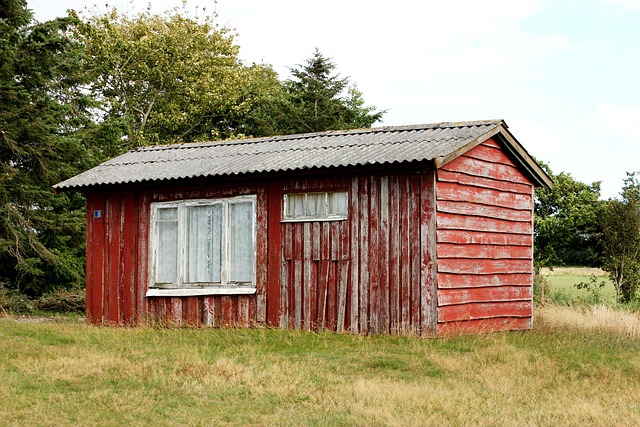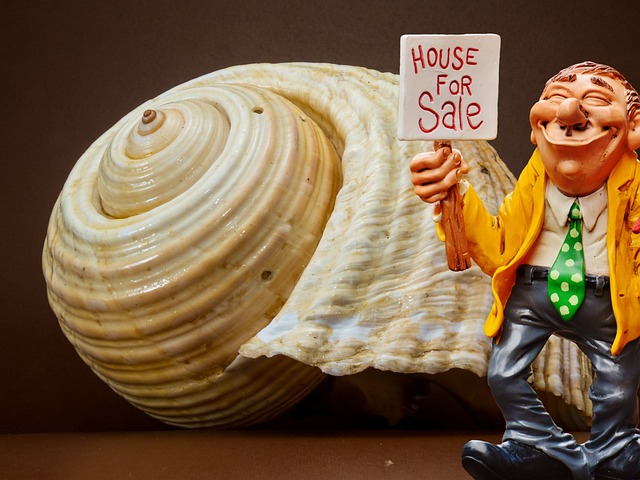Should Sellers Pay for Mold Remediation in Selling a House?

Selling a house with mold involves understanding remediation costs, legal obligations, and buyer per…….
We are At Your Service
In the intricate world of real estate, a hidden yet significant player influences transactions and shapes living spaces: mold. This article delves into the multifaceted topic of ‘Mold and Real Estate,’ exploring its impact on buyers, sellers, and the industry at large. By understanding the dynamics between these two entities, individuals can make informed decisions, ensuring healthier homes, successful investments, and a thriving real estate market. We will unravel the complexities, uncover trends, and provide valuable insights for all stakeholders involved in the property landscape.
Definition: ‘Mold and Real Estate’ refers to the intricate relationship between mold issues and real estate transactions. It encompasses the assessment, prevention, and management of mold in residential and commercial properties, ensuring a safe and healthy living environment for occupants.
Core Components:
Historical Context:
The relationship between mold and real estate has evolved over time. Historically, mold was often overlooked, especially in older buildings. However, increasing awareness of health risks associated with mold exposure has led to stricter building codes and regulations. This shift has prompted the development of advanced inspection techniques and remediation practices, ensuring a safer living environment.
The influence of ‘Mold and Real Estate’ extends across borders, shaping global housing markets and health standards:
Market Dynamics:
Investment Patterns:
Economic Systems and Policies:
Technology plays a pivotal role in shaping ‘Mold and Real Estate’ practices:
Global Regulatory Landscape:
Key Policies and Their Impact:
Despite significant progress, ‘Mold and Real Estate’ faces several challenges:
Strategies for Overcoming Challenges:
Case Study 1: The Historic Building Renovation
A renowned architectural firm was tasked with renovating an old warehouse in a bustling city. Extensive research revealed hidden mold growth behind walls and ceilings due to historical water damage. The team implemented a comprehensive plan, including structural repairs, improved ventilation, and specialized cleaning. They also consulted with health and safety experts to ensure the well-being of future occupants. This case demonstrates the importance of thorough inspection, targeted remediation, and expert consultation for successful mold management in challenging renovation projects.
Case Study 2: Community Mold Awareness Program
A suburban community grappled with recurring mold issues in several schools. Local authorities initiated a joint effort with public health officials to educate residents about mold prevention, identification, and healthy living practices. They organized workshops, provided resources, and implemented stricter building inspection protocols. As a result, the number of reported mold cases decreased significantly, improving the overall health and well-being of the community.
The ‘Mold and Real Estate’ sector is poised for growth and innovation:
‘Mold and Real Estate’ is a dynamic and critical aspect of the property sector, influencing everything from individual transactions to global markets. By understanding the intricate relationship between mold and real estate, buyers, sellers, and professionals can make informed decisions, ensure healthier living spaces, and contribute to a more sustainable and transparent market.
As technology advances, regulations evolve, and awareness grows, the future of ‘Mold and Real Estate’ looks promising, with opportunities for innovation, improved practices, and better outcomes for all stakeholders involved in the real estate ecosystem.
Q: How can I tell if there is mold in my home?
A: Mold can be hidden, but signs include musty odors, visible black or green patches on walls/ceilings, warped floors, and elevated humidity levels. Professional inspection is recommended for accurate identification.
Q: Is all mold harmful to human health?
A: While some molds are harmless, others can produce allergens, irritants, or toxic compounds. Prolonged exposure to certain types of mold may cause respiratory issues and other health problems.
Q: Can mold problems be completely eliminated from a property?
A: Complete elimination is challenging, but effective remediation techniques can significantly reduce mold spores and prevent recurrence. It involves addressing moisture sources and implementing preventive measures.
Q: Should I avoid buying a home with known mold issues?
A: It depends on the extent of the problem. Minor issues can be addressed during remediation, but severe or recurrent mold problems may indicate deeper structural issues. Consulting professionals is crucial for making informed decisions.
Q: How does climate change impact mold growth in homes?
A: Warmer temperatures and increased humidity create ideal conditions for mold growth. Homeowners should focus on moisture control, proper ventilation, and using mold-resistant materials to mitigate risks.

Selling a house with mold involves understanding remediation costs, legal obligations, and buyer per…….

Understanding mold remediation costs is crucial for real estate transactions. A thorough real estate…….

Real estate mold inspections are essential for buyers and sellers to mitigate health risks, prevent…….

Assessing mold in a property is crucial for understanding remediation costs and timeline. This invol…….

Mold significantly impacts home value by affecting market appeal and structural integrity. Visible s…….

Selling a house with mold requires proactive measures to ensure buyer satisfaction and legal complia…….

Buying a house with mold requires careful consideration. Understand state laws mandating mold disclo…….

Buying a home with mold damage is risky as it often hides in sealed spaces, complicating initial ins…….

Mold, common in damp spaces, poses real estate risks, causing structural damage and health issues. M…….

Before buying a house with mold, understand health risks and potential property value impacts. Check…….